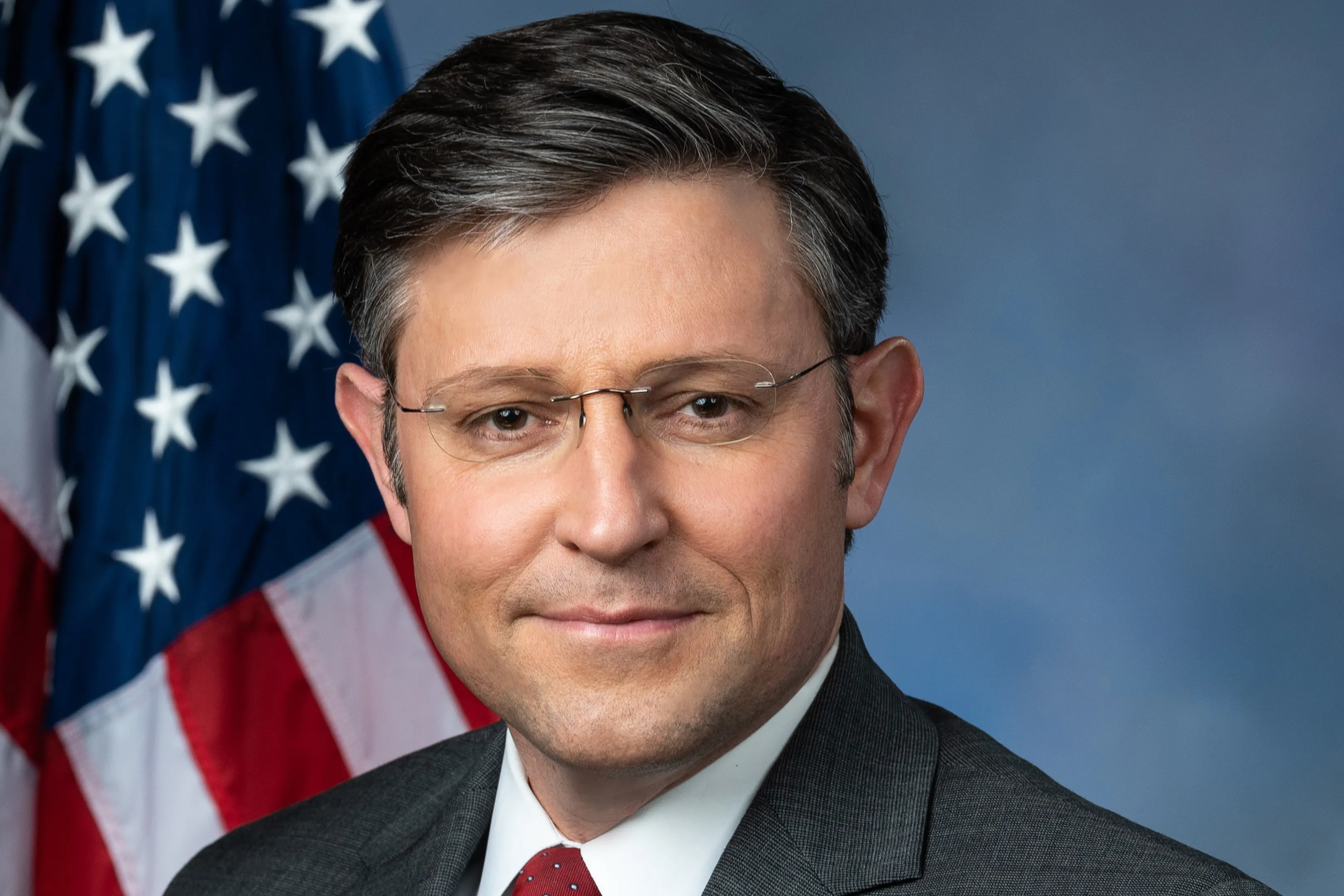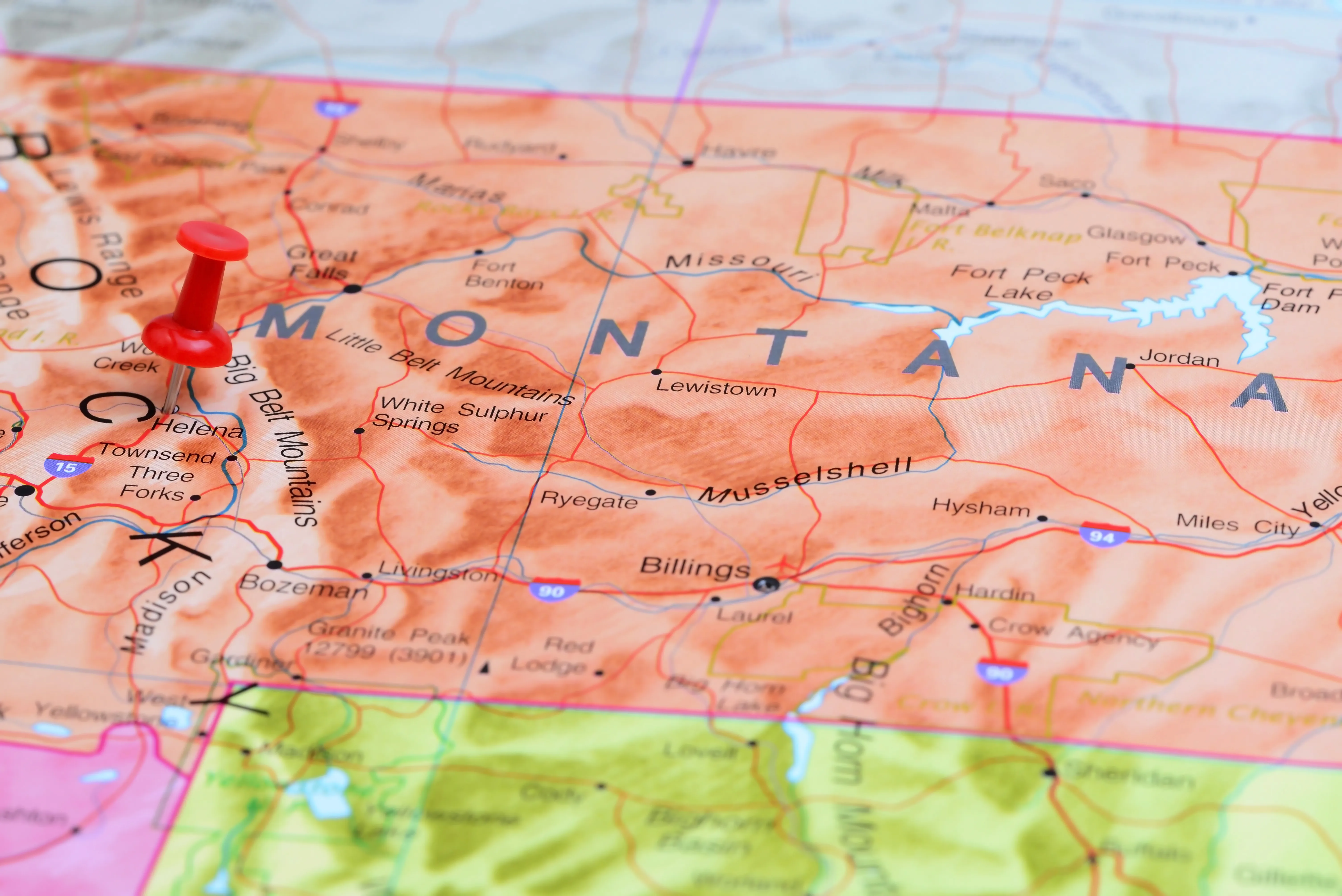
Daily Audio Newscast - July 16, 2024
News from around the nation.
After the Trump assassination attempt, defining democracy gets even harder; Trump picks Sen. JD Vance of Ohio, a once-fierce critic turned loyal ally, as his GOP running mate; DC residents push back on natural gas infrastructure buildup; and a new law allows youth on Medi-Cal to consent to mental health treatment.
Transcript
(upbeat music)
The Public News Service Daily Newscast, July the 16th, 2024.
I'm Mike Clifford.
The Republican National Convention is underway in Milwaukee, and the assassination attempt on former President Donald Trump is a focal point.
There have been calls from both parties to tone down the rhetoric after the weekend shooting, but they're still finger pointing with Trump supporters saying he's been demonized by those who say he's a threat to democracy.
And in condemning violence, many Democrats say Trump has contributed to the hostile environment himself.
Mary Anderson, a voter from Arbor Vida in Northern Wisconsin, agrees the mood has grown overly toxic.
And there's no compromise.
No one can talk to one another.
It's just so polarized and it's getting worse.
Anderson, who has had family members vote Republican, doesn't like Trump's overall tone saying he's too focused on grudges.
Political scientists say the democracy debate is in a deep stalemate because voters no longer have a shared vision of how it should function.
Romero is part of a group of bipartisan election administrators, scholars, and others releasing a new letter demanding less violent rhetoric.
I'm Mike Moen reporting.
Meantime, former President Trump chose Senator J.D. Vance of Ohio as his running mate, picking a one-time critic who became a loyal ally and is now the first millennial to join a major party ticket.
The Associated Press reports it comes at a time of deep concern about the advanced age of American political leaders.
The AP notes the 39-year-old Vance rose to national fame with the 2016 publication of his memoir, "Hillbilly Elegy."
Next to Washington, D.C., where residents are pushing back on a plan to build out existing fossil fuel infrastructure.
Washington Gas' $12 billion project pipes plan calls for upgrading existing infrastructure throughout the nation's capital despite the district's 2045 carbon neutrality goals.
Environmentalists worry this will waste ratepayers' money and won't address ongoing gas leaks.
Naomi Cohen-Shields with Chesapeake Climate Action Network says what Washington Gas is doing follows a wider national trend.
We are seeing things like accelerated pipe replacement programs.
That's what Project Pipes is.
There are examples of that popping up across the country, again, as part of a playbook.
Things like building out new gas plants like Dominion is trying to do, or new pipelines.
Again, part of the playbook.
Virginia's Dominion Energy is moving forward with a natural gas plant in Chesterfield despite residents' objections and state climate goals.
In a statement, Washington Gas says it supports the district's climate goals and believes residents will be best served by a fuel-neutral approach to decarbonization.
The company is pledging to help D.C. policymakers achieve the 2030 climate goals.
Washington Gas' parent company, Alta Gas, faced similar community resistance from, among others, Cheryl Maloney with the Mi'kmaq Nation in Nova Scotia.
I'm Edwin J. Vieira.
Advocates note the Washington Gas plan isn't a great deal for ratepayers who lose out on alternative clean energy options.
This is Public News Service.
A new law just took effect in California that gives children on Medi-Cal, age 12 and older, the right to consent to mental health care on their own.
Before this, only youth on private insurance could consent to outpatient mental health services independently of their parents, and only in cases where abuse is suspected or the child is in danger of self-harm.
Joy Olafia with the California Association of Marriage and Family Therapists says there are close to six million youths on Medi-Cal.
For communities of color, you're looking at 61 percent of African-American children, 59 percent of Latin-A children, and 38 percent of Native and Indigenous children who are Medi-Cal recipients.
Supporters see this as an equity issue, allowing kids to get help for anxiety, depression, and suicidal thoughts regardless of their income.
I'm Suzanne Potter.
Those in need of mental health assistance can call the California Parent and Youth Helpline at 855-427-2736.
Meantime, mental health professionals say one in five Americans will have a mental health issue in his or her lifetime.
For people in the ALICE community, which stands for Asset Limited, Income Constrained, and Employed, financial issues can be mental health triggers.
ALICE populations include people who live above the poverty level, but still face financial challenges.
Therapist Kenya Ward says many people in the ALICE community deal with depression and anxiety.
It could be irritability.
It could be feelings of hopelessness, feelings of helplessness.
And when you're working very hard and your paycheck isn't enough to cover your expenses for the month, that could be very, very disheartening.
And yeah, it could cause feelings of depression, helplessness, hopelessness, when you can't see a way out.
Ward says about 31 percent of Arkansas's population falls into the ALICE community.
I'm Freda Ross reporting.
Finally, our Eric Galatas lets us know that Colorado is calling on solar energy entrepreneurs to put 156 million Inflation Reduction Act dollars to work, accelerating rooftop and community-based solar infrastructure.
Heidi Leathwood with 350 Colorado says families living in apartments or those who can't afford upfront expenses can connect to solar arrays built on top of parking lots and open spaces and other ways.
If you're not able to put solar on your own rooftop, the community solar program will create large-scale solar gardens that you will be able to hook up to.
Solar garden subscribers can get significant discounts on their monthly electric bill.
Developers that create the garden make money by selling that energy to local utilities.
This is Mike Clifford for Public News Service.
Member and listener supported.
Hear us on radio stations big and small, your favorite podcast platform.
Find our trust indicators at publicnewsservice.org.

















